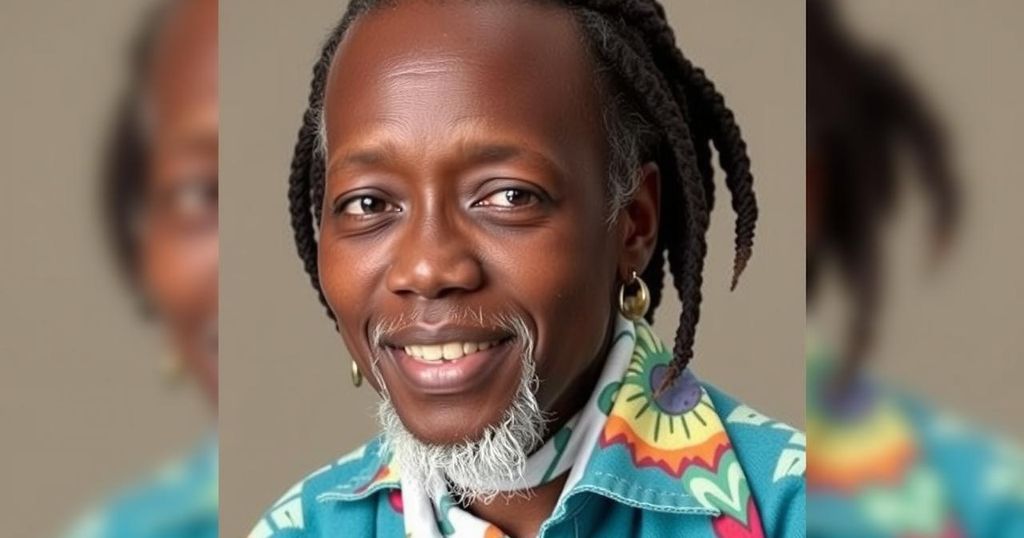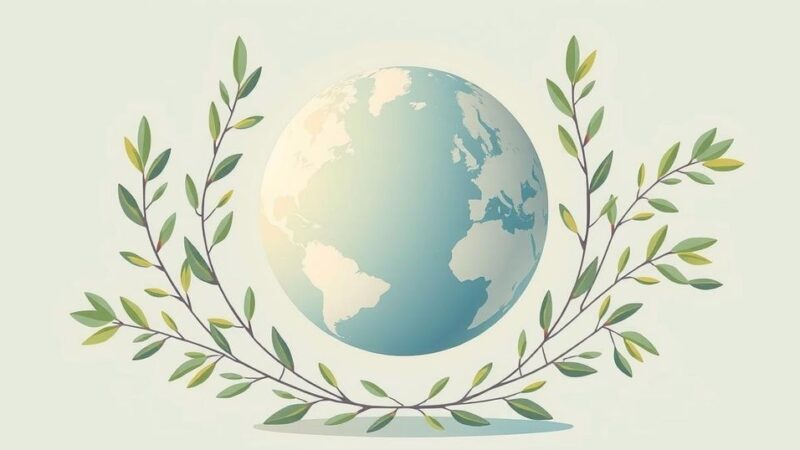Maria Sarungi Tsehai, a renowned Tanzanian rights activist, was kidnapped in Nairobi but released following intervention by human rights groups. Her abduction raises concerns over growing violations of human rights in Kenya and Tanzania, as the region witnesses an alarming trend of transnational repression targeting political dissenters.
On Sunday, a prominent Tanzanian rights activist, Maria Sarungi Tsehai, was abducted in Nairobi, Kenya, only to be freed following a swift response from human rights organizations. Tsehai, a vocal advocate for political reform and women’s rights in Tanzania, has garnered a massive following, and her organization, Change Tanzania, suspects her kidnappers to be Tanzanian security agents acting beyond their borders to silence dissent. Amnesty International reported her abduction by three armed men, emphasizing concerns regarding the safety of activists within the region.
After several hours of uncertainty, Faith Odhiambo, the president of the Law Society of Kenya, announced Tsehai’s release on social media, depicting the unsettling nature of her experience as indicative of deteriorating human rights conditions in Kenya. A shaken Tsehai expressed gratitude to her supporters, affirming, “Today I have been saved.” This incident highlights a concerning trend of “transnational repression,” as both Kenya and Tanzania face scrutiny for their handling of opposition figures and the protection of civil liberties.
President Samia Suluhu Hassan of Tanzania has drawn criticism for her administration’s crackdown on opposition factions ahead of the upcoming elections, which includes the rising instances of abductions targeting critics. Recent incidents have seen foreign nationals, including Turkish and Ugandan refugees, abducted under dubious circumstances, raising alarms about the growing practice of extrajudicial actions facilitated by the Kenyan government.
Amnesty International has indicated that Kenya is becoming increasingly notorious for foreign governments seeking to kidnap their citizens. Moreover, the local population has not been immune to such threats, as evidenced by the alarming number of citizens reported missing since last year’s youth protests against President William Ruto’s administration. Even members of Ruto’s own cabinet have acknowledged personal experiences with such violence, further underscoring the severity of this issue.
The Kenya National Commission on Human Rights reports that at least 82 individuals have been abducted since the protests, with numerous cases remaining unresolved. The high court has mandated the country’s top police official to address these allegations or face legal consequences. Although President Ruto has admitted to the excesses of security forces, the public calls for accountability and scrutiny from international allies including the United States and Britain have intensified.
The abduction of Maria Sarungi Tsehai in Kenya forms part of a broader narrative of human rights violations faced by activists in East Africa. Operating in a climate of fear, dissenters in Tanzania have been increasingly targeted as President Samia Suluhu Hassan’s administration seeks to suppress political opposition. The situation is complicated by Kenya’s recent history of allowing foreign governments to conduct unlawful kidnappings on its soil, aggravating the challenges activists face across the region. This incident not only spotlights Tanzania’s internal repression but also Kenya’s troubling complicity in transnational human rights violations, challenging the fabric of regional human rights protections.
In summary, Maria Sarungi Tsehai’s recent abduction and subsequent release illustrate the dangerous environment facing activists in East Africa, particularly amid political upheaval and crackdowns. The involvement of Tanzanian security forces in Kenya signifies an alarming trend of cross-border repression, necessitating urgent international attention and action. As both nations grapple with their respective human rights crises, the call for accountability and safeguarding of civil liberties grows louder, advocating for the protection of those who dare to critique authoritarian regimes.
Original Source: www.youralaskalink.com






